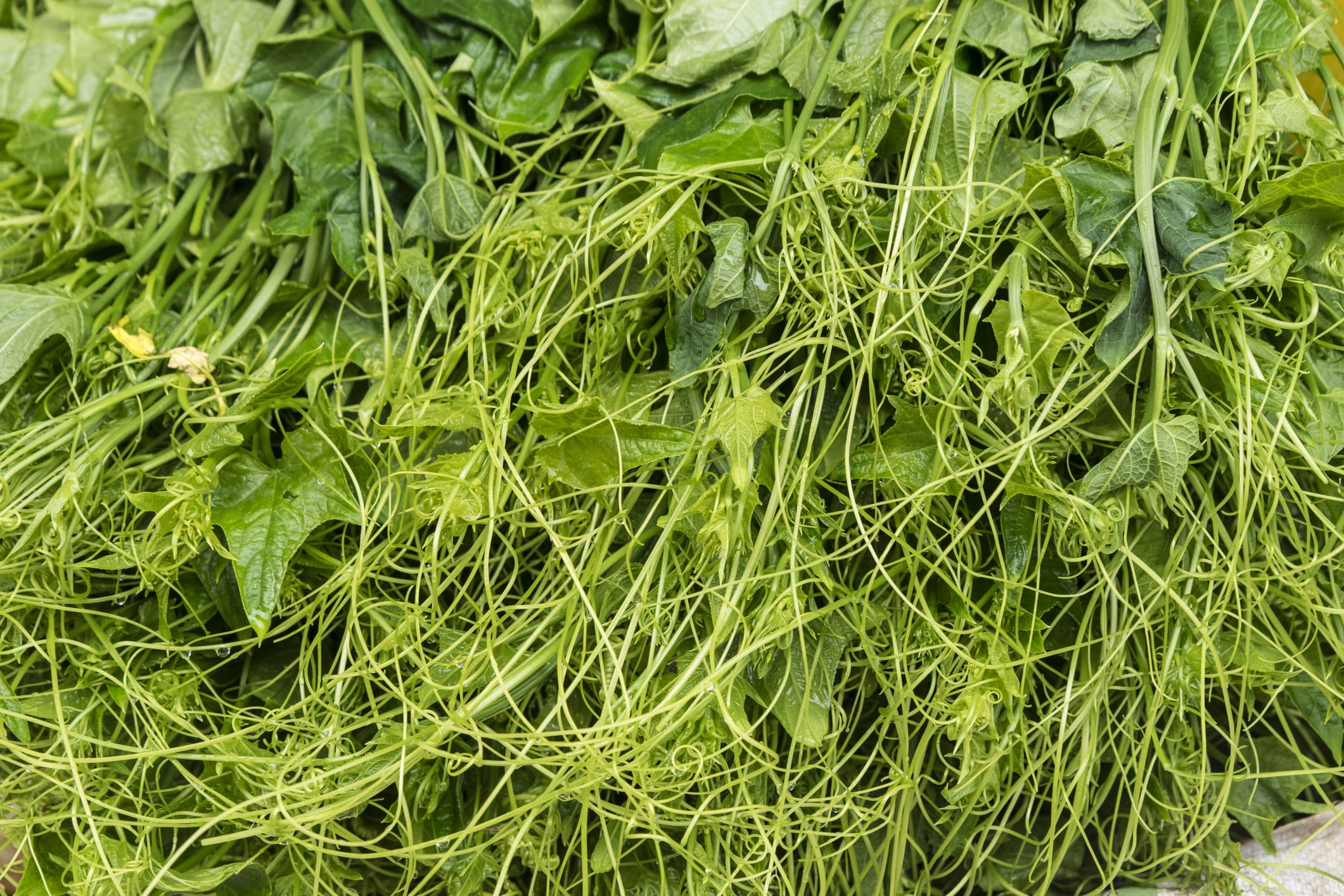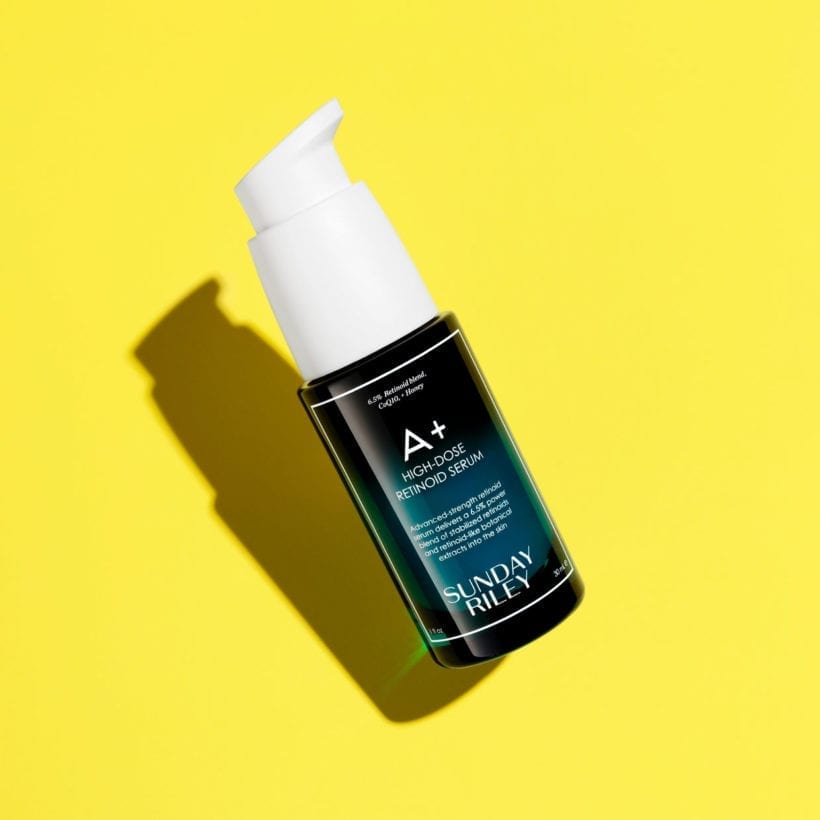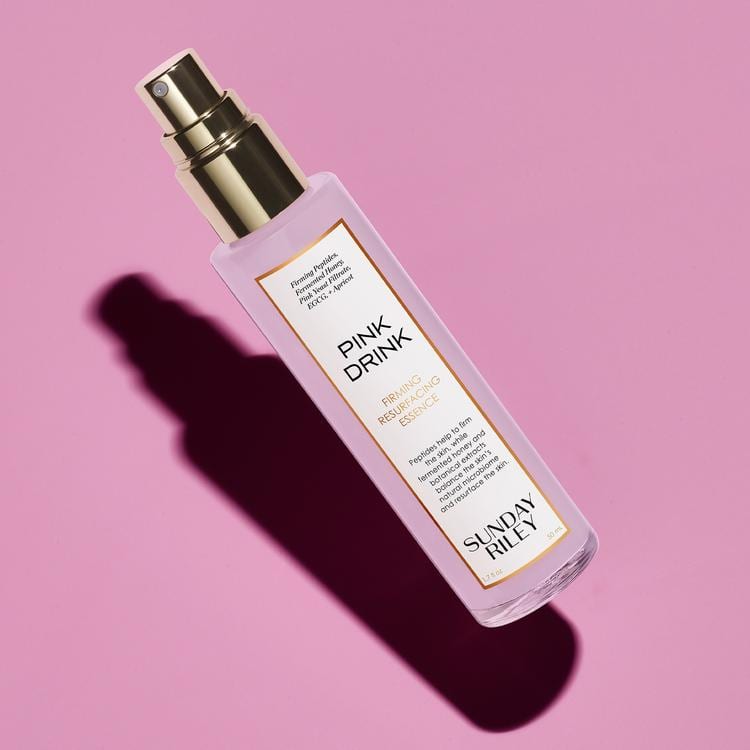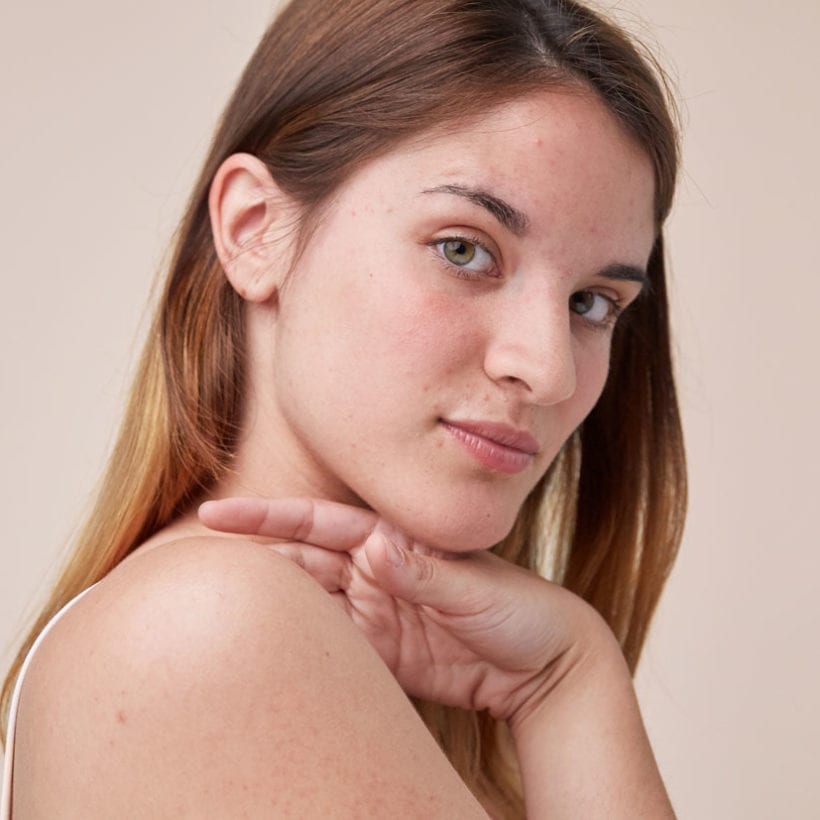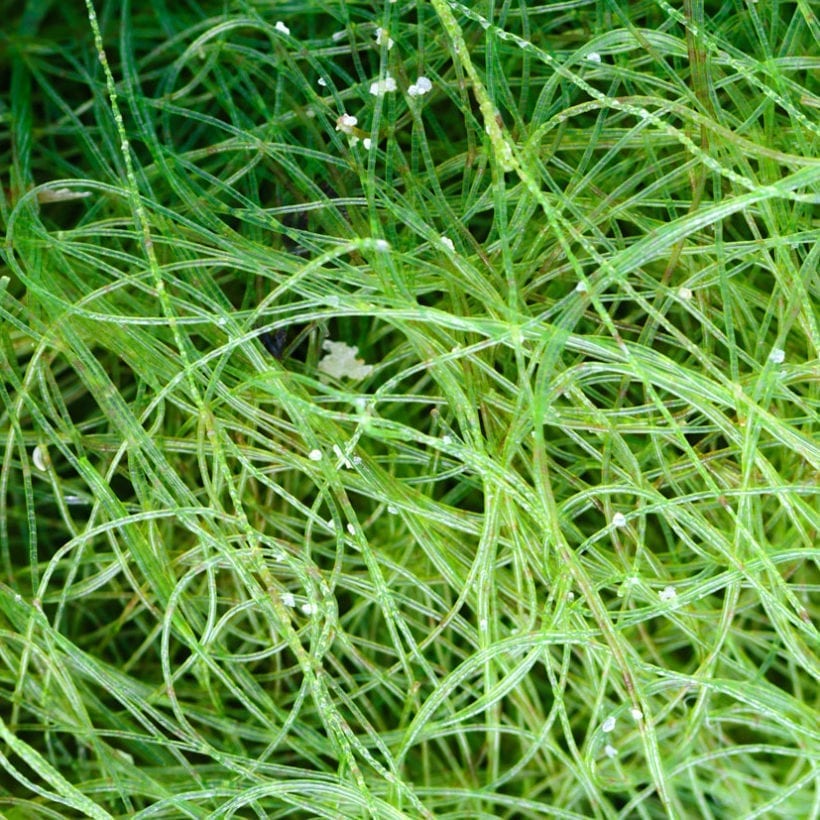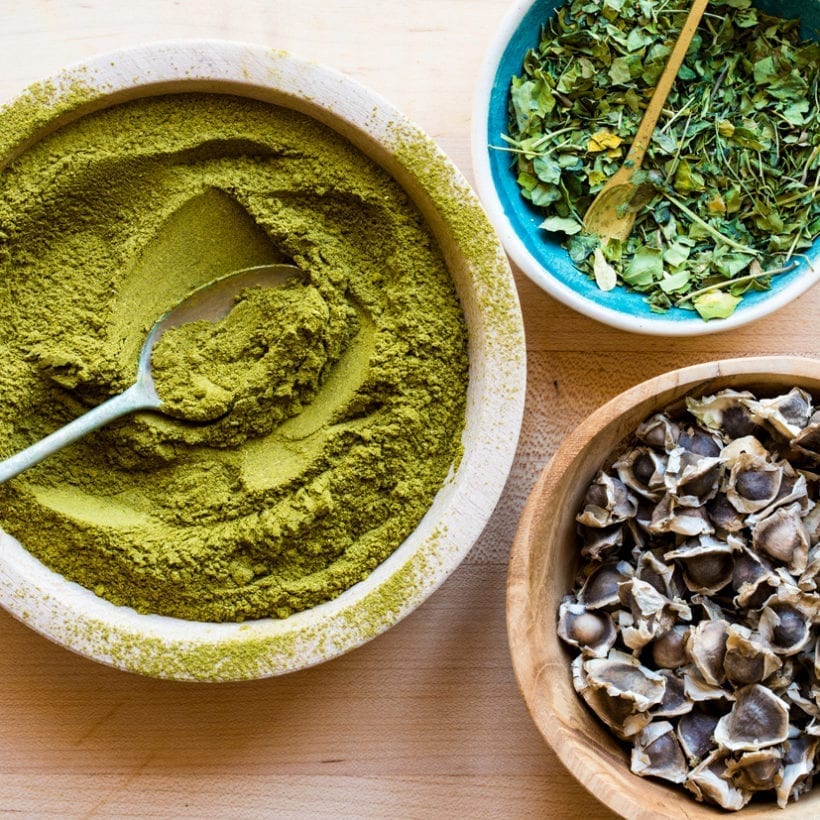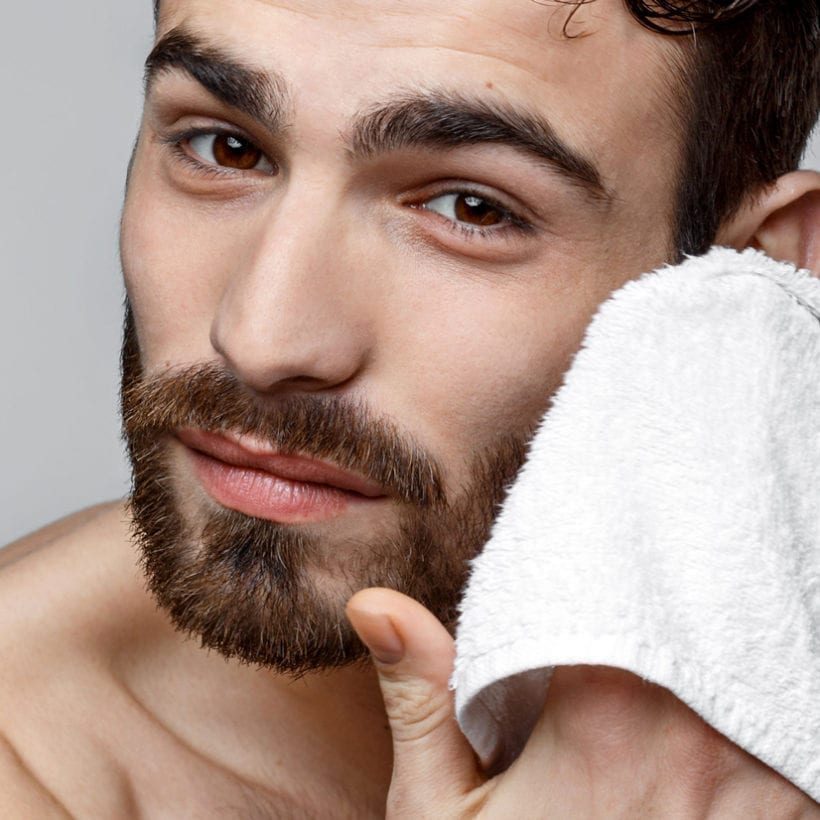Miracle ingredient. The ocean’s most potent secret. However you describe algae, it seems like it has been cropping up everywhere in the skincare world as of late. “Entire skincare lines and cosmetic brands infuse algae and other marine extracts into collections and feature them as the star ingredient,” says Zain Husain, M.D., FAAD of the New Jersey Dermatology and Aesthetics Center.
However, the use of algae in skincare traces back thousands of years. It is because algae feature great absorption qualities by soaking in all of the nourishment of the water into which it is immersed — like a sponge. “The reason algae is such a popular and efficient skincare ingredient is because it is full of potent antioxidants. The powerhouse ingredient is packed with minerals and vitamins A, B, C, D, E and K,” says Deanne Mraz Robinson, M.D., FAAD, a board-certified dermatologist based in Connecticut.
According to Husain, there are two primary types of algae: macro and micro. “Macro is the large-scale type that’s visible to the naked eye and typically what initially comes to mind when ‘algae’ is mentioned,” he says. Seaweed falls into this category, along with kelp and the brownish-red seaweed from Japan called laminaria.
Microalgae (or ‘single cell’ algae), on the other hand, is so tiny that you can’t see them without a microscope. “These are fresh-water based and are plentiful both in sediment and liquid throughout the marine systems,” adds Husain.
Algae Benefits
“One of the most powerful properties that macro and microalgae have is the instant ability to plump up the skin’s moisture for long-term hydration. Algae also has a softening impact on the skin’s surface, which leaves it looking and feeling supple and youthful,” says Husain.
According to Ása Brynjólfsdóttir, director of research and development for Blue Lagoon Iceland, this is because nontoxic polysaccharides (such as alginate, agar, carrageenan and fucoidans) from certain algal species (like Chondrus crispus, Spiraea japonica and Codium tomentosum) help to regulate the distribution of water in the skin. “Studies have shown that they can help retain water or moisture, which is why they can be used as a substitute for lightweight oils, such as acetyl alcohol or silicone-derived ingredients. They also provide a soothing effect,” she explains.
That said, algae can also be hugely beneficial for those with sensitive skin or who are prone to acne. “Algae contains anti-inflammatory properties and can be used to treat dermatitis and eczema, as well as beta carotene, which helps treat whiteheads, blackheads and cysts,” Husain explains. He also notes that algae are rich in proteins, essential amino acids and a variety of vitamins (including vitamins A, B, C and E) for added nourishment.
Lastly, Husain points out that algae are packed with antioxidants, such as astaxanthin, which helps fight free radicals and combats aging. “In addition, it contains chemicals that inhibit the enzymes that degrade collagen,” he adds.
The benefits can vary depending on the species of algae a skincare formula uses. Our pros break it down below to three major classes:
Red Algae
Most common forms: Irish Moss, Gracilaria and Porphyra
Best used for: anti-aging and antioxidant protection
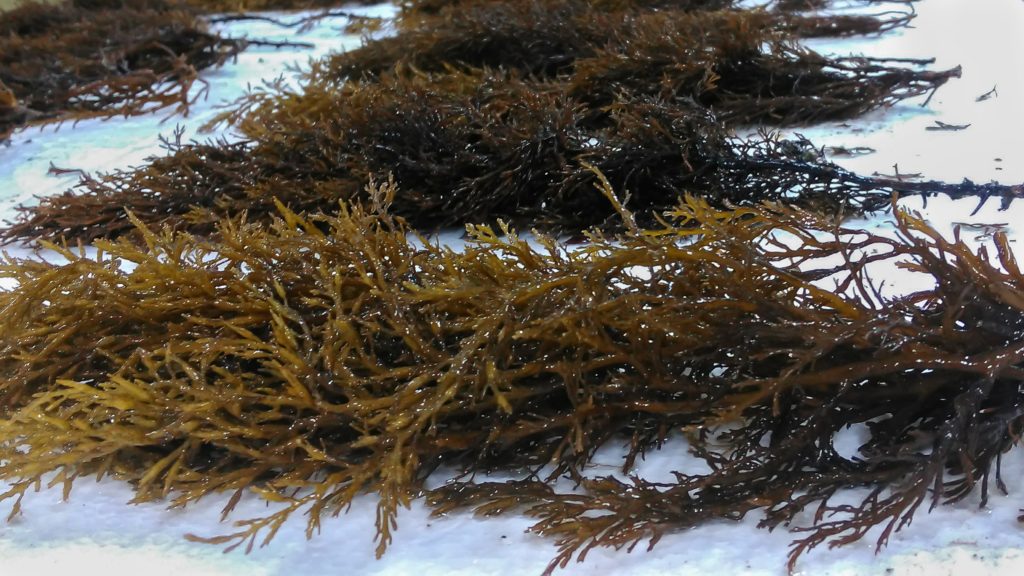
According to Brynjólfsdóttir, since “red light is reflected and blue light is absorbed,” red algae can easily process sunlight, which helps provide skin with maximum antioxidant protection.
According to Robinson, red algae is rich in potent amino acids, which can help to improve skin quality and firmness, as well as absorb some of the wavelengths of UV radiation. “Red algae are also typically high in polysaccharides (carrageenan), which can help improve the barrier function of the skin,” adds Jeffrey Fromowitz, M.D., FAAD, a board-certified dermatologist in Boca Raton.
Algae extracts also function as thickening agents in skincare products — that is why you might find red algae in some of your favorite face masks thanks to its spreadable texture.
Brown Algae
Most common forms: Isochrysis, Postelsiapa maeformis and Laminaria digitata
Best used for: hydration and anti-inflammation
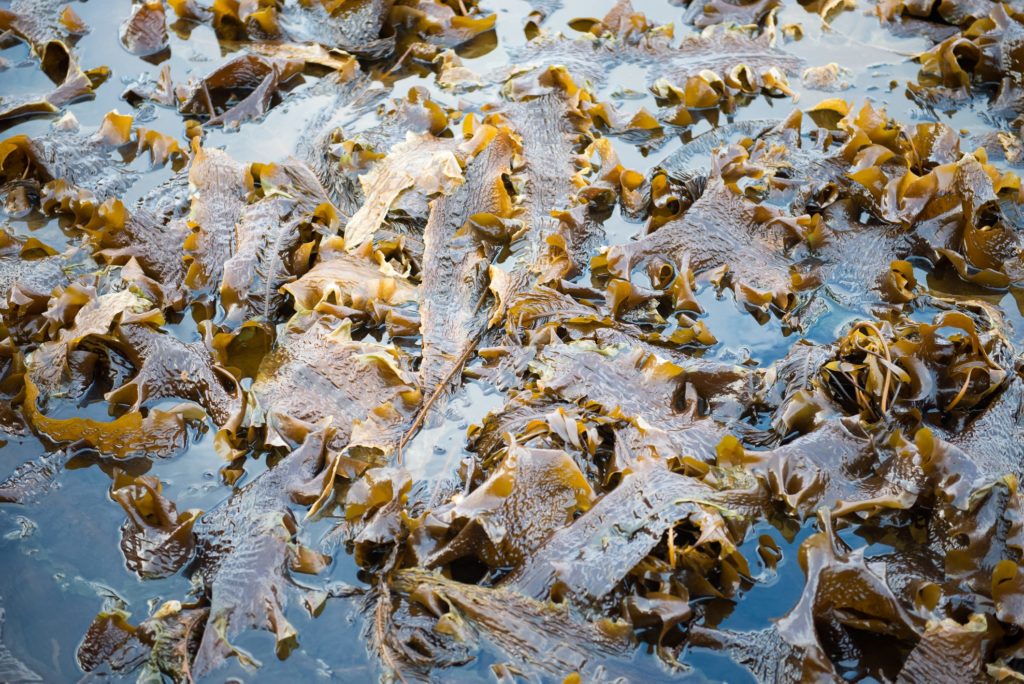
Also known as kelp, the heart of brown algae is a supplementary pigment called fucoxanthin. “It aids in the control of skin pigmentation and is anti-inflammatory. The pigment moisturizes the skin and keeps the skin cells working productively,” says Brynjólfsdóttir.
Fromowitz adds that brown algae contain Macrocystis pyrifera and is a source of vitamins, antioxidants, minerals and iodine. “It is thought that this can help detoxify the skin and support healthy collagen and elastin production,” he says. Because of its intense hydrating benefits, you can mainly find brown algae in products like serums, lotions and moisturizers.
Blue-Green Algae
Most common forms: Chlorella vulgaris and Ulva lactuca
Best used for: anti-acne, hydratation
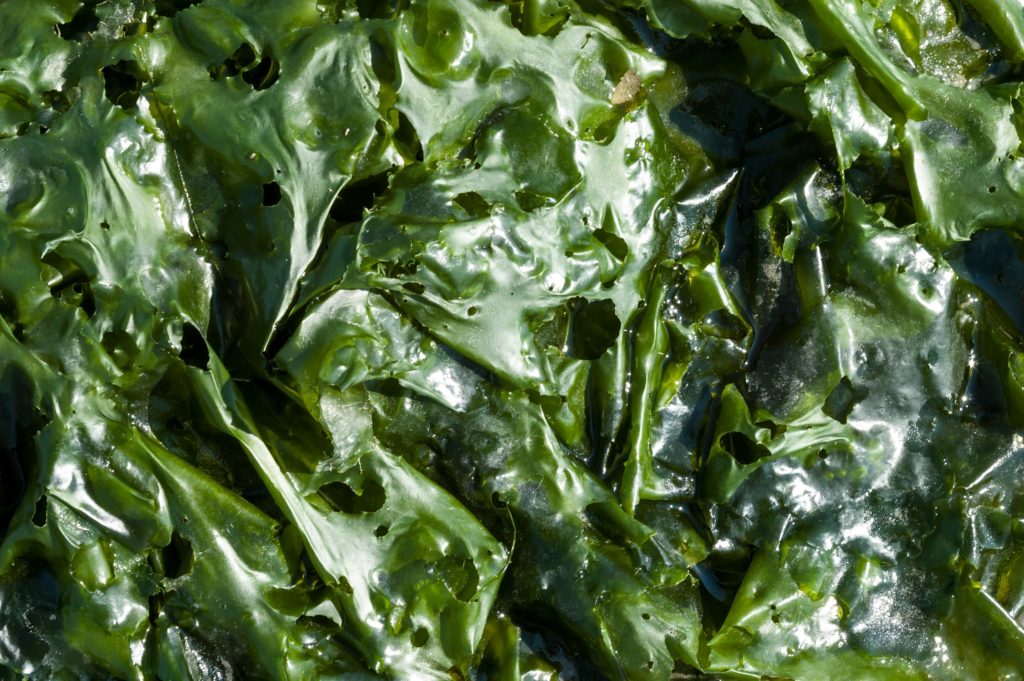
Blue-green algae are also known as cyanobacteria or spirulina — it is the identifiable kind that you will find in many ponds and slow-moving bodies of water. “It creates a photosynthetic pigment chlorophyll, which traps light energy. This pigment is comparable to the red pigment called hemoglobin, which is in human red blood cells. It has an anti-inflammatory effect and provides oxygen to the uncovered surface of the algal species and prevents it from drying out by moisturizing it,” explains Brynjólfsdóttir.
In addition to hydration, research has shown that Blue Lagoon Algae in particular has a protective and repairing effect on the skin. “It prevents premature skin aging, reduces UV-induced degradation of collagen, and stimulates skin’s natural collagen production,” says Brynjólfsdóttir. As natural antimicrobial, blue-green algae can even kill off yeast that could be one of the underlying causes of acne.
Ready to take the plunge? Do not go scooping some up on your next nature walk at the lake (it will be full of bacteria). You will discover blue-green algae is readily available in a range of skincare products from serums to gel moisturizers to face masks.
We only recommend products we have independently researched, tested, and loved. If you purchase a product found through our links, Sunday Edit may earn an affiliate commission.
